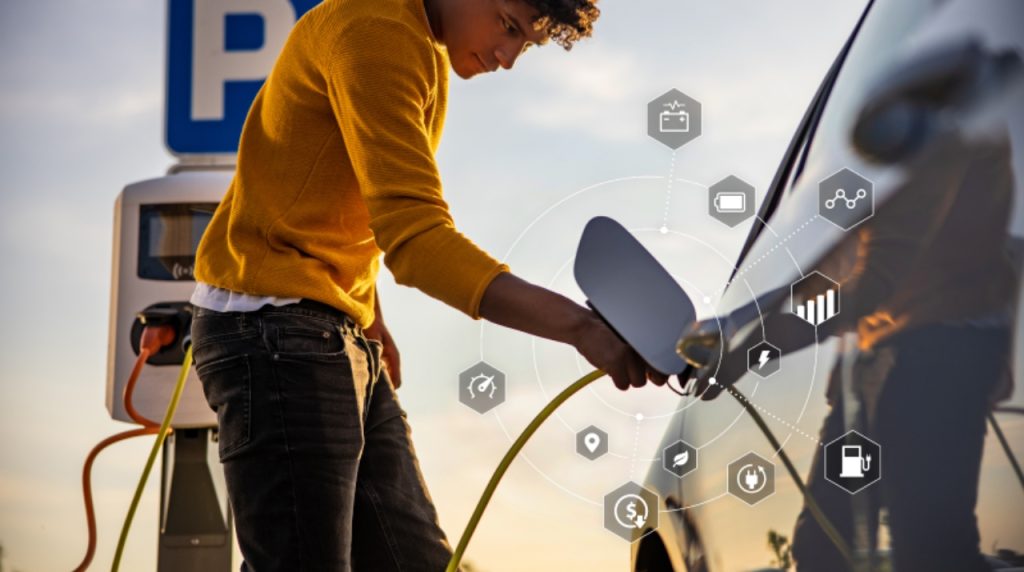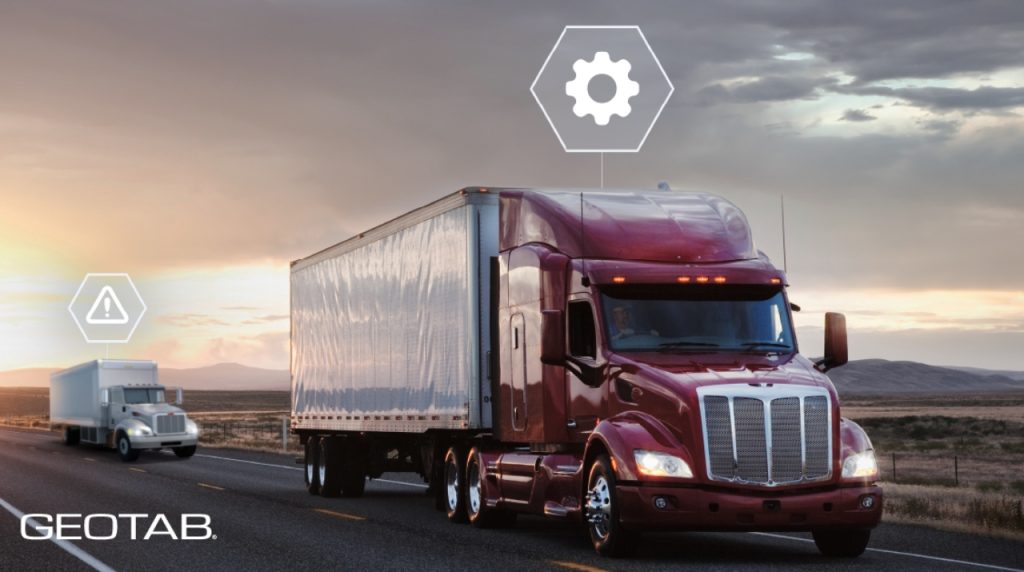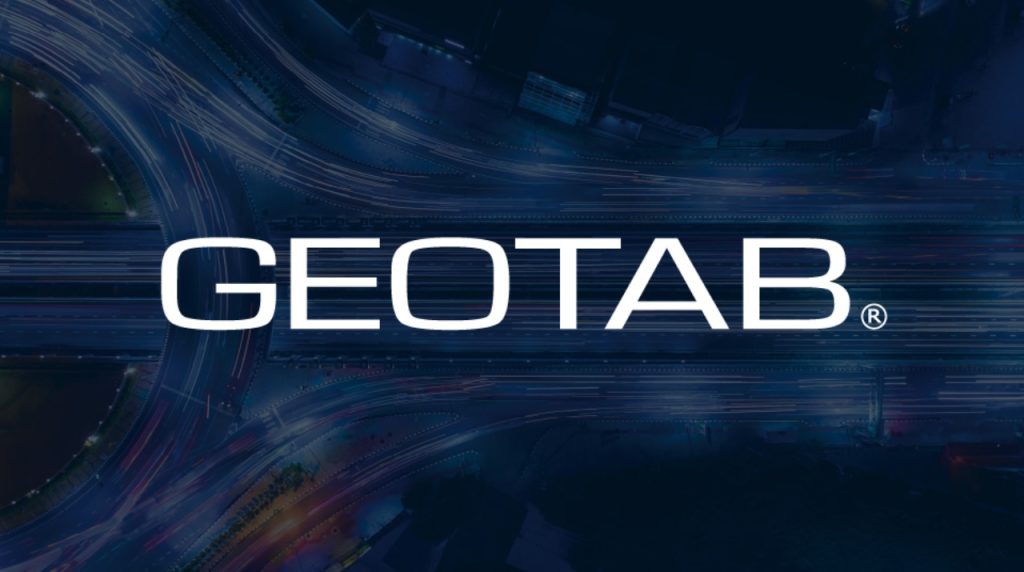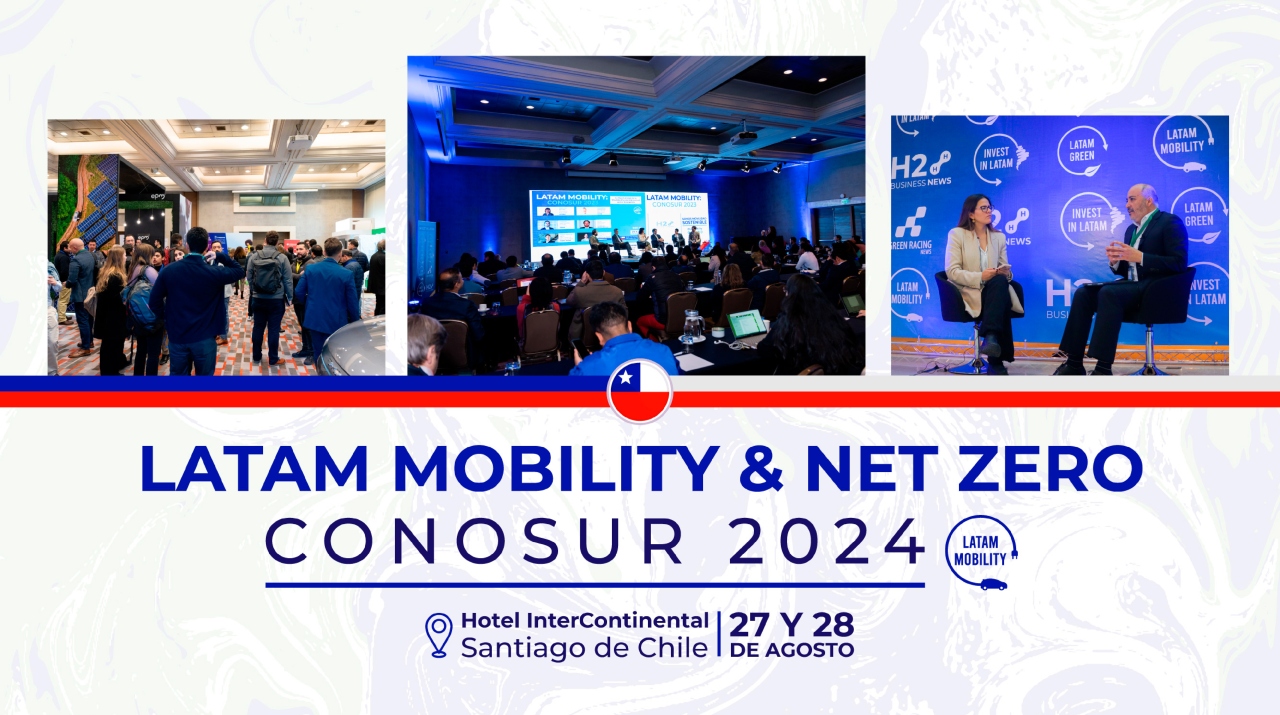
Fleet Management Strategy in Chile: How Geotab Shows the Way

As of June this year, approximately 25% of greenhouse gas emissions in Chile come from the transportation of people and cargo, according to government figures highlighted by Geotab. For this reason, a strategy focused on promoting electromobility has been prioritized.
However, the adoption of electric vehicles requires well-founded strategic planning, supported by accurate data like those Geotab processes daily to assist thousands of clients in optimizing their fleet management, both in our country and globally.
An example of this is the report for the adoption of electric vehicles (EV) or zero-emission hybrid vehicles (EVSA, in English), a tool that analyzes the telematics data of a specific fleet over a period of 6 to 12 months.
It then provides an electrification recommendation based on the particular driving patterns of each vehicle, considering the electric vehicles available in the local market and evaluating their performance under extreme weather conditions.

This is especially relevant in countries like Chile, where geography creates regions with drastic variations in temperatures and road conditions.
Geotab: Feasibility Study
This feasibility study determines which vehicles are best suited for the transition, whether to fully electric or hybrid models. Factors such as the type of vehicle, range capability, and economic savings projections are evaluated.
In addition to the data collected through telematics, Geotab has incorporated a new video tool that adds an extra layer of information with a detailed view of how and why events occur during daily operation.
This is possible thanks to the installation of cameras in the vehicle’s cabin, which intelligently capture what happens both inside and outside the vehicle. These recordings are sent to the My Geotab software, allowing for a comprehensive view of the fleet and facilitating more efficient management and administration.
Related Content: Geotab Tips for Driving Your Electric Vehicle in Summer

All this makes Geotab’s solutions help reduce costs through efficient fuel use and the integration of new energy sources.
Additionally, they facilitate preventive maintenance of each vehicle, alerting clients before major failures occur, and optimize transportation and circulation routes.
Finally, thanks to video telematics, driver safety, cargo security, and pedestrian safety are also improved, allowing the identification of risky behaviors and creating environments that promote responsible driving, rewarding good driving behavior.
Latam Mobility & NetZero Conosur 2024
The “Latam Mobility & Conosur 2024” in Santiago, Chile, will bring together the most important companies and leaders related to energy, transportation, fuels, and mobility, to showcase the advances and perspectives of the industry in the country and the region.

The summit will feature a series of panels and thematic presentations that play a key role in advancing sustainable mobility, decarbonization, circular economy, and renewable energies, as well as prominent networking for the formation of key alliances on the road to zero emissions.
The event will take place from August 27 to 28 at the Hotel InterContinental, Santiago. To register, you can click here.
If you would like more information on how to participate and positioning options, you can send an email to info@investinlatam.org.





